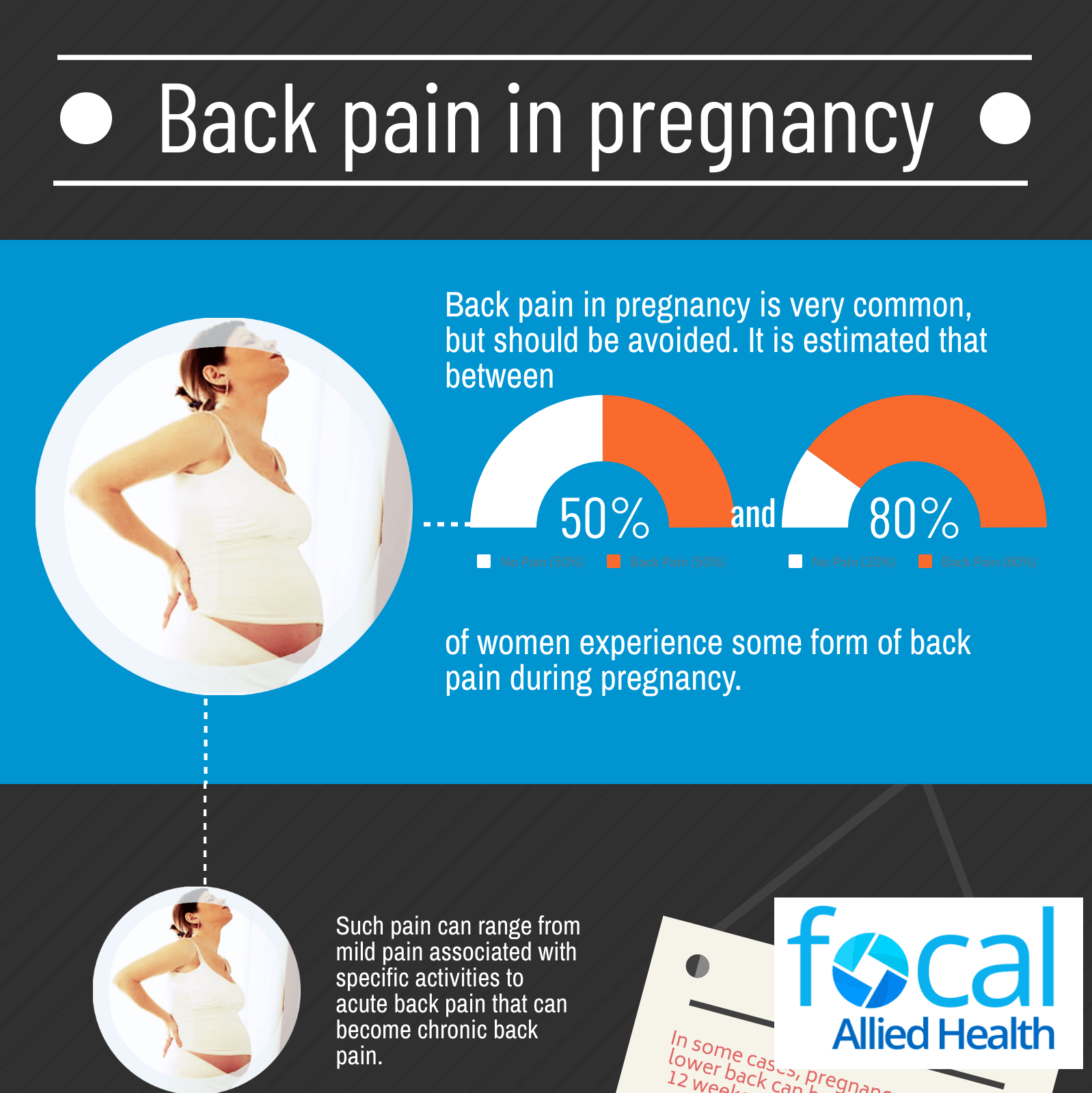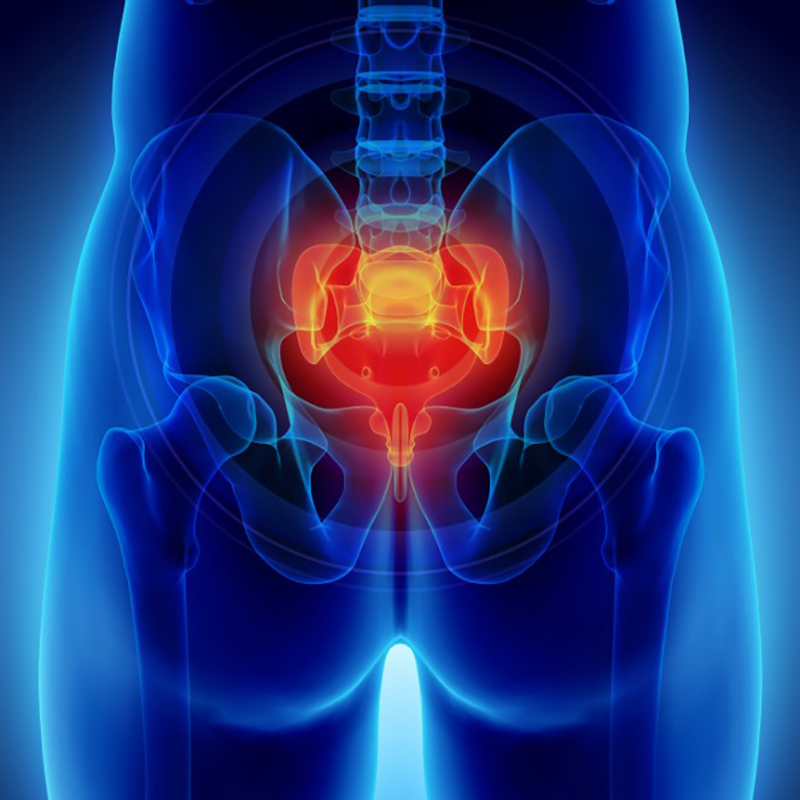Hip pain can be a debilitating condition that greatly affects an individual’s mobility and overall quality of life. Thankfully, there are various pain relief options available to alleviate the discomfort and promote healing.
One common and effective method of pain relief for hip pain is the use of over-the-counter (OTC) nonsteroidal anti-inflammatory drugs (NSAIDs) such as ibuprofen and naproxen. These medications work by reducing inflammation in the affected area, thus relieving pain and swelling. It is important to follow the recommended dosage and consult a healthcare professional if the pain persists or worsens.
Another pain relief option for hip pain is the use of topical analgesics. These creams or ointments can be directly applied to the affected area, providing localized relief. Common ingredients in these topical remedies include menthol or capsaicin, which create a cooling or warming effect that can soothe the pain. It is advisable to read the instructions carefully and test a small area of skin for any potential allergies before applying them.
Physical therapy and exercise can also play a crucial role in managing hip pain. Strengthening exercises targeted at the hip muscles can help stabilize the joint, reduce pain, and improve overall joint function. Additionally, stretching exercises can increase flexibility and relieve tension in the surrounding muscles, thereby reducing strain on the hip joint. A qualified physical therapist can create a personalized exercise program to suit an individual’s specific needs and goals.
In some cases, individuals may require prescription medications for severe or chronic hip pain. These may include stronger NSAIDs, muscle relaxants, or opioids. However, it is important to carefully follow the healthcare professional’s guidelines and regularly assess the benefits versus the potential risks of these medications, as they can have side effects and the risk of dependency.
Overall, the choice of pain relief for hip pain depends on the severity and underlying cause of the pain, as well as an individual’s medical history. It is essential to consult a healthcare professional to determine the most suitable option for managing the specific condition safely and effectively. Additionally, implementing lifestyle modifications like maintaining a healthy weight, using assistive devices, and engaging in low-impact exercises can complement pain relief measures and contribute to managing hip pain in the long term.
What is the best therapy for hip pain?
– Hamstring Stretch. …
– Hip Flexor Stretch. …
– Iliotibial Band Stretch. …
– Piriformis Stretch. …
– Bridge. …
– Straight Leg Raising. …
– Monster Walking. …
– Hip Hikers.
What is the best relief for hip pain?
Pain Medications: Over-the-counter pain relievers, such as acetaminophen (e.g., Tylenol) and ibuprofen (e.g., Advil and Motrin), are commonly used to ease hip pain. Analgesics such as muscle rubs can be used for temporary pain relief.
Should I keep walking if my hips hurt?
Regardless of the cause of your hip pain, it’s important to stay active while minimizing your risk for more problems down the road. Dr. Cyril offers these tips for hip-healthy walking: Always wear comfortable, non-slip shoes, with a soft sole that absorbs impact when you walk on hard surfaces.
Can hip pain be treated without surgery?
Non-surgical techniques to help alleviate your hip pain include: Injections and Infusions: Some medications can be injected directly into the hip to treat your pain. These include corticosteroids to reduce inflammation.



